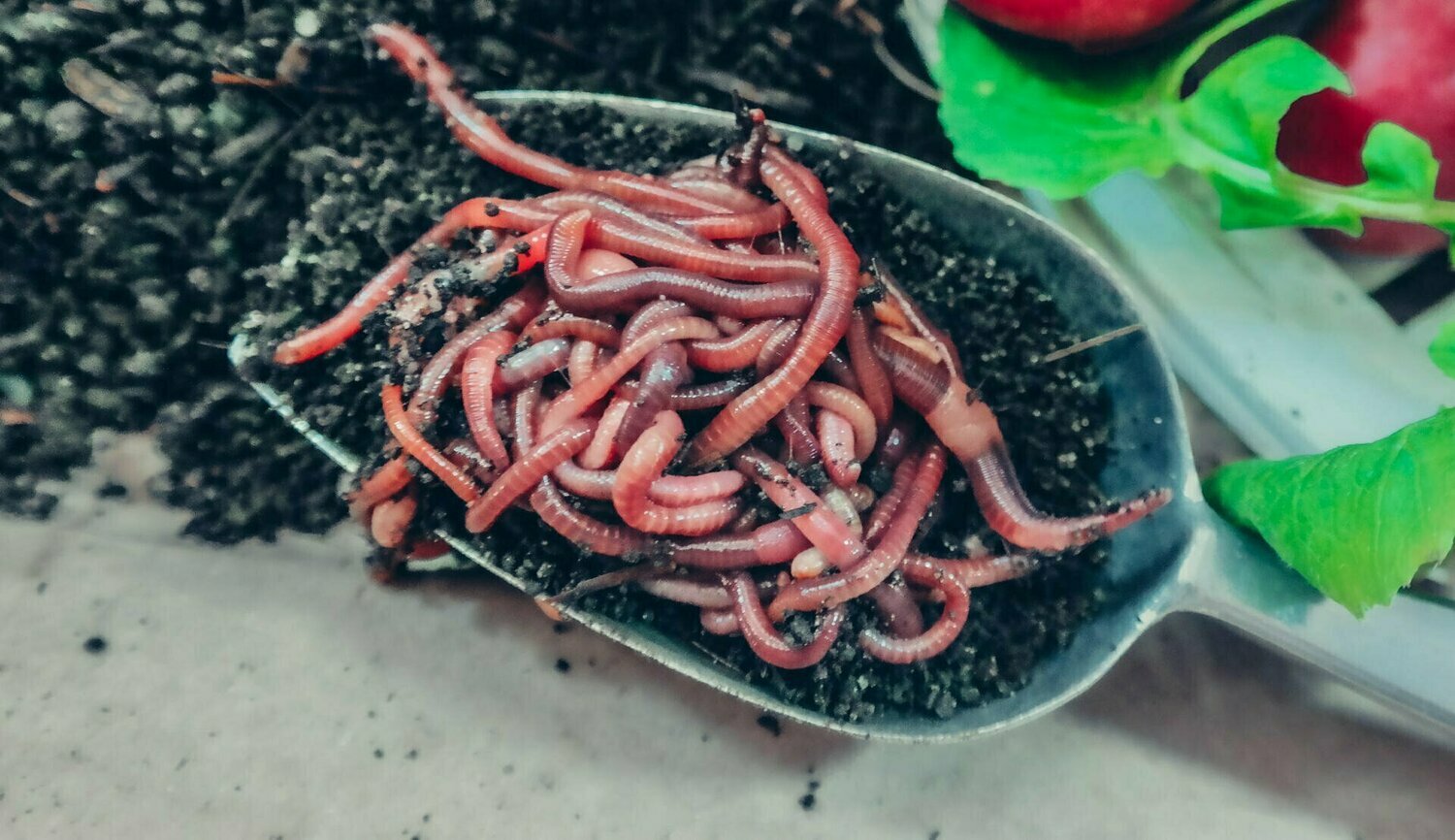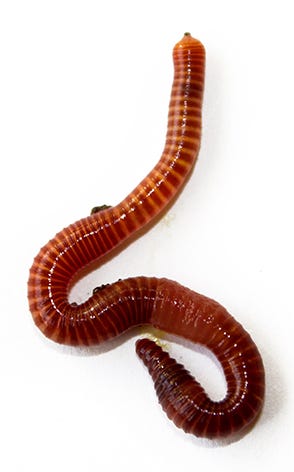Red Wiggler Worms Demystified: Opening the Tricks of Vermiculture for Greener Living and Nutrient-Rich Soil
In the realm of lasting practices for improving dirt quality and advertising eco-conscious living, red wiggler worms play a pivotal yet commonly neglected function. Red Wiggler Worms. Comprehending the intricacies of caring for these worms, enhancing their setting, and harnessing their spreadings can lead to a greener lifestyle and much healthier soil for plants to prosper.
The Role of Red Wiggler Worms
Red Wiggler worms play an important duty in composting systems by efficiently breaking down natural matter into nutrient-rich spreadings. These ravenous eaters consume a variety of organic products, such as kitchen scraps, lawn waste, and paper items. As they feed, the worms' digestive processes break down the natural matter right into a penalty, dark, and nutrient-dense product referred to as worm castings or vermicompost.
The spreadings produced by Red Wiggler worms are extremely valuable for soil health and plant growth. They are rich in necessary nutrients like phosphorus, nitrogen, and potassium, which are essential for sustaining healthy and balanced plant growth. In addition, worm spreadings have useful microorganisms and enzymes that assist enhance soil structure, increase water retention, and enhance nutrient uptake by plants.
Benefits of Vermicomposting

In addition, vermicompost, the nutrient-rich end item of vermicomposting, serves as a superb organic plant food and soil conditioner. It boosts soil framework, improves dirt aeration, and enhances dirt wetness retention. These residential properties add to much healthier plants with stronger root systems and far better resistance to parasites and illness. Vermicompost likewise enriches the dirt with necessary nutrients like potassium, phosphorus, and nitrogen, promoting plant development and total dirt fertility.
In addition, vermicomposting assistances lasting gardening practices by providing a chemical-free and all-natural choice to artificial plant foods. Red Wiggler Worms. This eco-friendly method not just improves the dirt but also helps in reducing reliance on unsafe chemicals, promoting a greener and much more sustainable method of gardening
Setting Up a Worm Bin
When establishing a worm bin for vermicomposting, correct arrangement is critical to make sure the success of the composting procedure. The initial action in setting up a worm container is picking an appropriate container.
After adding the bedding, introduce the red wiggler worms to the container. The worms need to after that be given with food scraps such as fruit and vegetable peels, coffee grounds, and eggshells.
On a regular basis keep an eye on the moisture levels and temperature in the worm container to make certain optimal problems for the worms. With correct configuration and upkeep, the worm bin will properly transform natural waste into nutrient-rich compost for your plants and yard.
Collecting Worm Castings
To effectively accumulate nutrient-rich worm spreadings from your vermicomposting system, an organized harvesting technique is vital. When it comes time to collect the worm castings, there are a couple of vital steps to comply with to guarantee a successful process.

Troubleshooting Common Issues
Identifying and resolving typical challenges that may arise during the vermicomposting procedure is important for keeping a efficient and healthy worm container. One usual problem that vermicomposters experience is overfeeding. find Including excess food scraps can result in a buildup of wetness and level of acidity in the worm container, possibly damaging the that site worms. To avoid this, feed the worms in moderation, making certain that the food scraps are adequately damaged down prior to adding extra. An additional issue is unpleasant smells originating from the worm bin. Foul smells indicate anaerobic problems, normally brought on by overwatering or insufficient air flow. To fix this, adjust the moisture degrees by including completely dry bedding materials like shredded newspaper or cardboard and rise oygenation by turning the bedding consistently.
Additionally, if the worm population is decreasing or the worms appear unhealthy, maybe due to environmental stress factors such as severe temperatures or pH levels. Keeping track of these variables and making necessary changes is vital for the health of the worms. By troubleshooting these typical concerns immediately, vermicomposters can make certain a smooth and effective vermicomposting procedure while keeping a flourishing worm populace.

Final Thought
In verdict, red wiggler worms play a critical duty in vermiculture by damaging down natural issue into nutrient-rich soil. The benefits of vermiculture consist of greener living and boosted dirt high quality. Establishing a worm bin is necessary for effective vermiculture, and gathering worm castings supplies important compost for gardening. By recognizing and repairing typical problems, people can open the keys of vermiculture for lasting living and much healthier soil.
As they feed, the worms' digestive processes break down the natural matter into a fine, dark, and nutrient-dense product recognized as worm castings or vermicompost.
The spreadings created by Red Wiggler worms are highly beneficial for soil health and plant development. Adding excess food scraps can lead to a build-up of wetness find out this here and level of acidity in the worm bin, possibly damaging the worms.Furthermore, if the worm population is decreasing or the worms appear undesirable, it could be due to ecological stress factors such as extreme temperatures or pH degrees. Setting up a worm container is vital for effective vermiculture, and gathering worm spreadings offers beneficial compost for horticulture.